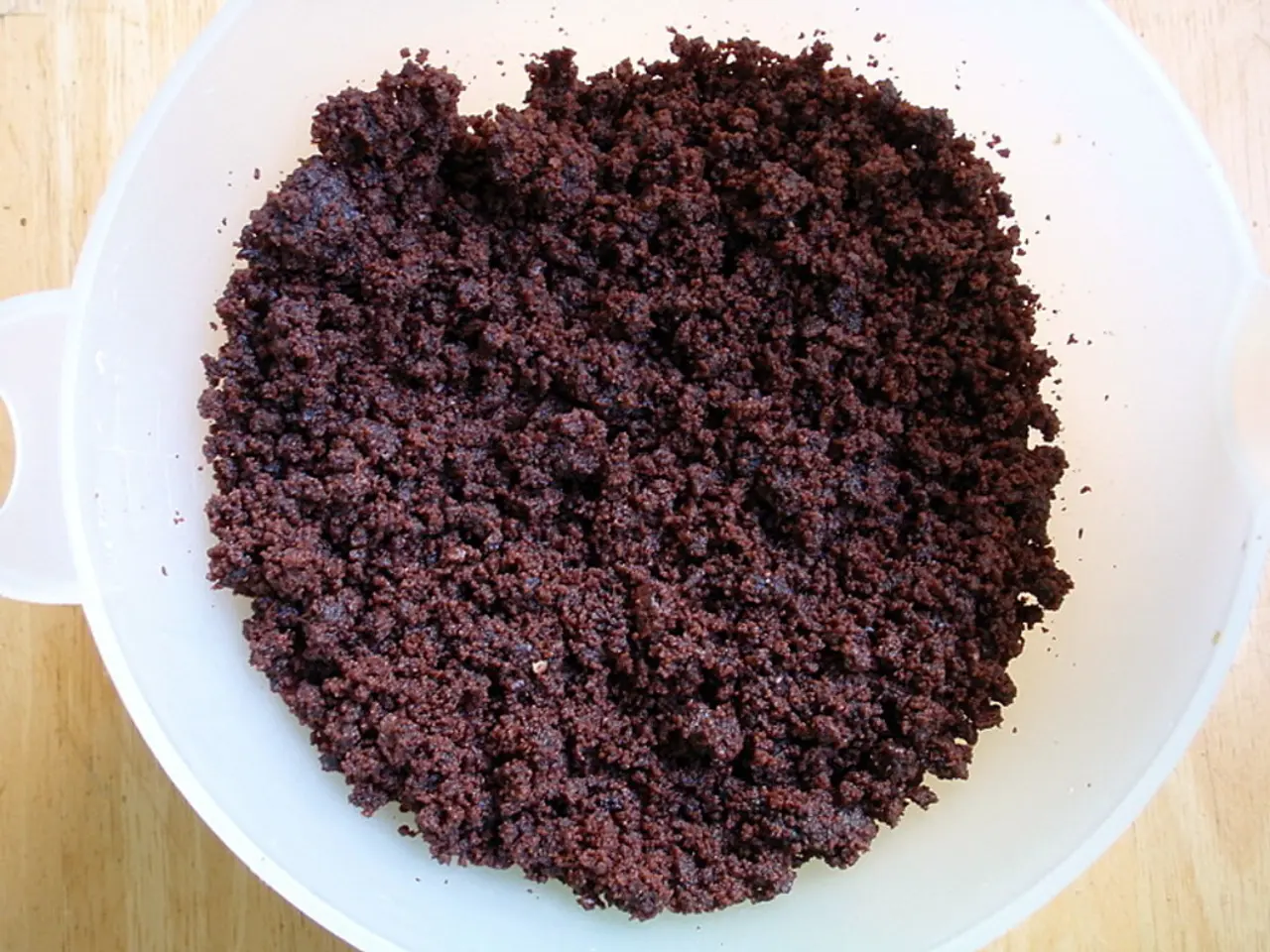Acne Remediation with Green Tea: Applications, Advantages, and Forms
## Unveiling the Potential of Green Tea for Acne Treatment
Green tea, a popular beverage known for its invigorating properties, has recently garnered attention in the realm of skincare, particularly for its potential benefits in treating acne. Here's a closer look at the evidence supporting the use of green tea for acne treatment, along with some important considerations to keep in mind.
### Antioxidant and Anti-Inflammatory Properties
Green tea is rich in antioxidants, particularly epigallocatechin gallate (EGCG), which can help combat inflammation and acne-causing bacteria[1][5].
### Reduction in Acne Lesions
Two small studies suggest that topical green tea extract can reduce oil on the skin and potentially decrease the number of acne lesions[5].
### Protection from UV Damage
Topical green tea formulations have been found to decrease UV-induced erythema (redness) and reduce DNA damage, which can contribute to acne and skin aging[4].
### Skin Hydration and Elasticity
While more research is needed, drinking green tea may help improve skin hydration and elasticity, potentially reducing the occurrence of acne[2].
## Risks and Precautions
While green tea offers promising benefits, it's essential to be aware of potential risks and precautions:
### Excessive Consumption
Drinking too much green tea can lead to side effects such as headaches, dizziness, and stomach issues. Pregnant women should also avoid overconsumption due to potential risks[3].
### Interactions with Medications
The caffeine in green tea can interact with certain medications, including antibiotics, anticoagulants, and birth control pills[3].
### Allergic Reactions
Some individuals may experience allergic reactions when using green tea topically, such as redness or irritation.
### Hepatotoxicity
Excessive consumption of green tea, especially in the form of concentrated extracts, can risk hepatotoxicity[3].
To maximize the benefits while minimizing risks, it is advisable to use green tea in moderation, brew it at home to avoid additives and sugar often found in pre-made green tea products, and consult with a healthcare provider if you have concerns or are using it alongside other treatments.
It's important to note that while green tea may offer some benefits for acne treatment, anyone with chronic or severe acne should seek medical treatment for reliable results. Additionally, products that claim green tea will help with weight loss are falsely advertising, as no evidence supports these claims.
References:
1. [NIH - Green Tea Extract](https://ods.od.nih.gov/factsheets/GreenTea-Consumer/) 2. [Journal of Nutrition - Green Tea and Skin](https://academic.oup.com/jn/article/146/1/40/5728923) 3. [Mayo Clinic - Green Tea Side Effects and Interactions](https://www.mayoclinic.org/healthy-lifestyle/nutrition-and-healthy-eating/expert-answers/green-tea/faq-20058459) 4. [European Journal of Dermatology - Green Tea and UV Damage](https://onlinelibrary.wiley.com/doi/abs/10.1111/j.1600-0525.2011.07494.x) 5. [Journal of Investigative Dermatology - Green Tea and Acne](https://onlinelibrary.wiley.com/doi/abs/10.1016/j.jid.2012.04.006)
- Green tea supplements, rich in antioxidants like epigallocatechin gallate (EGCG), have the potential to combat inflammation and acne-causing bacteria, according to scientific research.
- In the health-and-wellness market, some skin-care and fitness-and-exercise enthusiasts might be interested in incorporating green tea into their routine due to its potential benefits for acne treatment, skin hydration, and elasticity.
- However, it is crucial to consider potential risks associated with excessive consumption of green tea, such as headaches, dizziness, and stomach issues, and to avoid overconsumption during pregnancy.
- Furthermore, it is essential to be mindful of potential interactions between green tea and certain medications, as well as possible allergic reactions and hepatotoxicity when using concentrated extracts.




